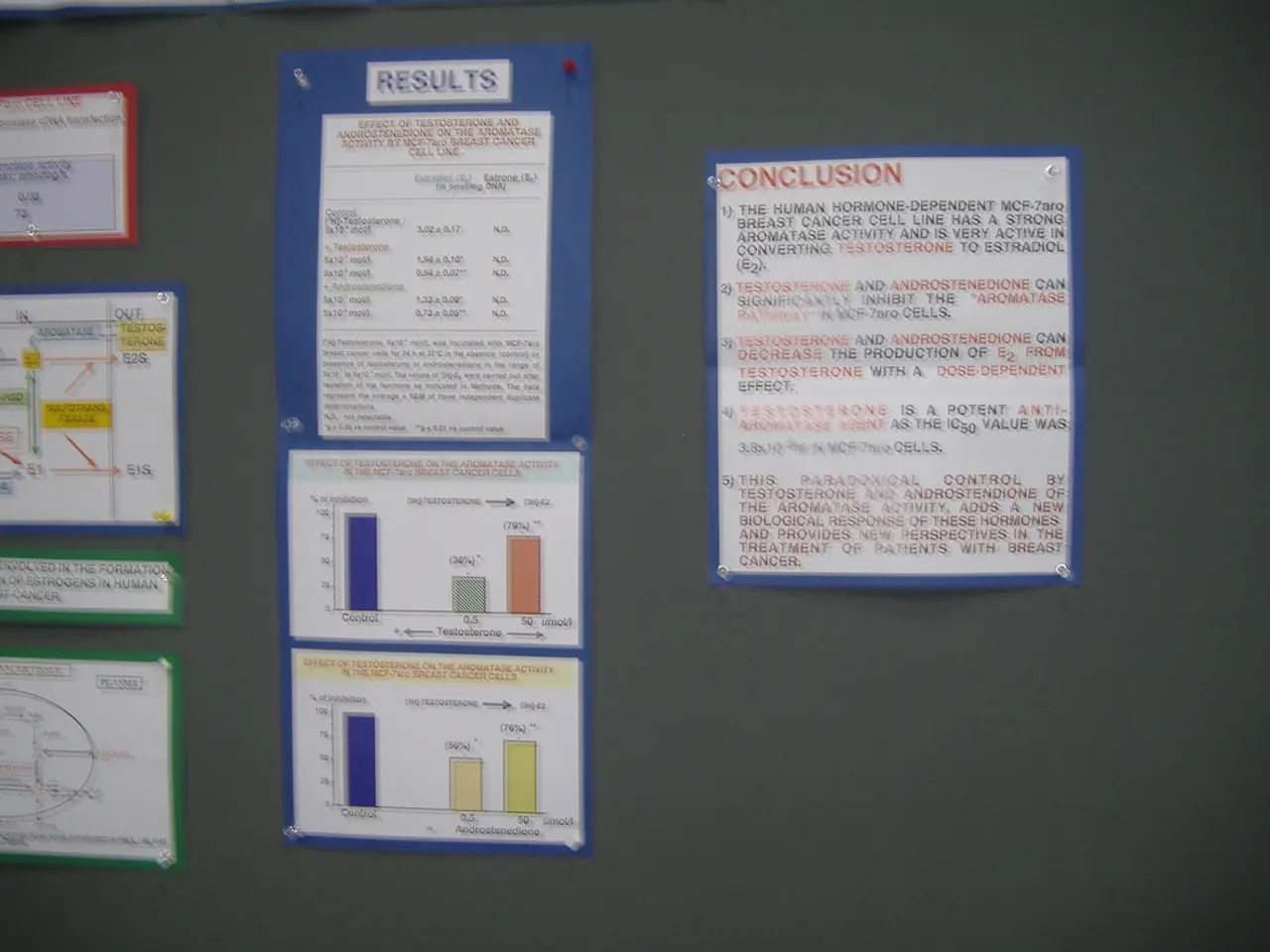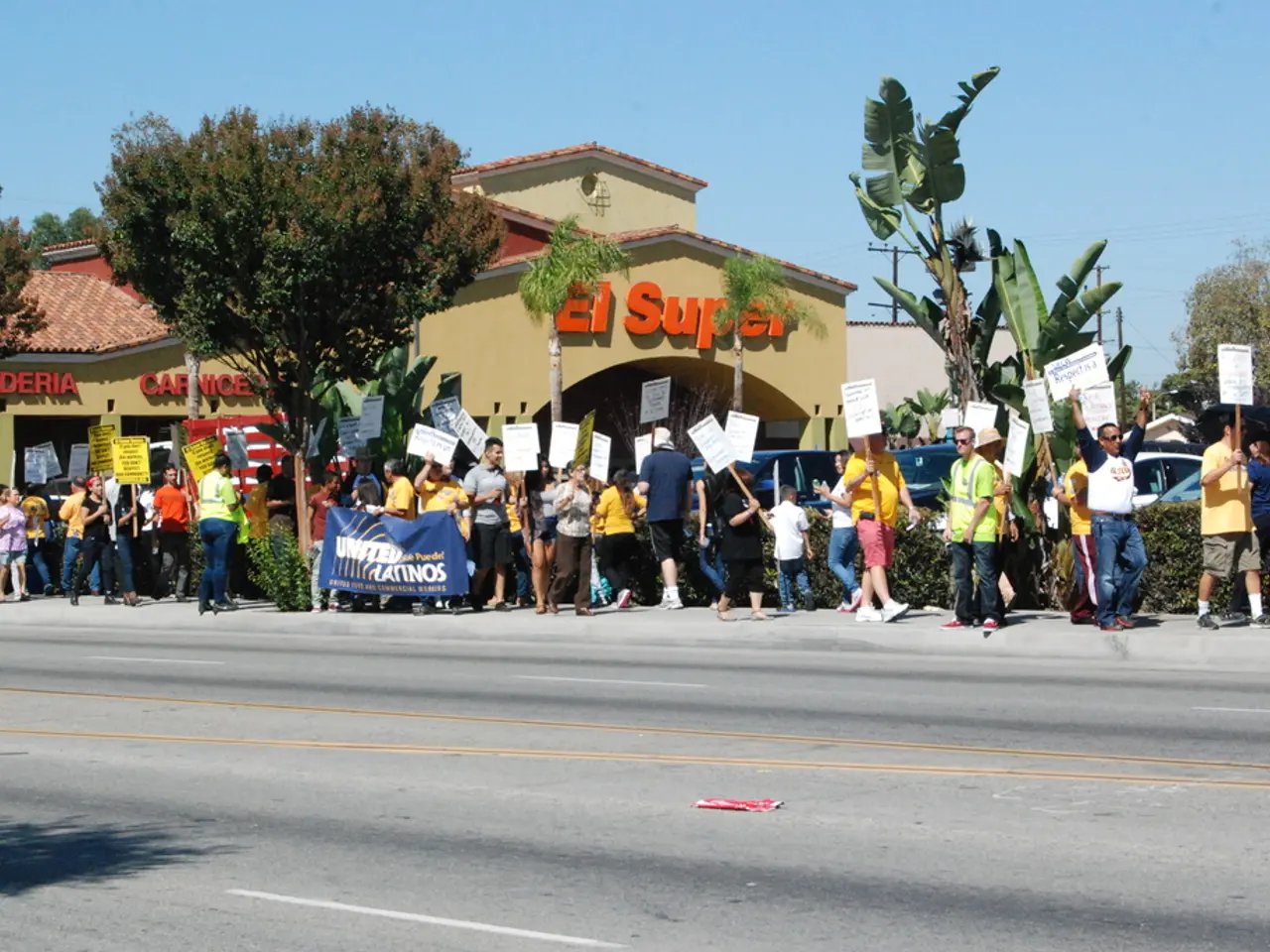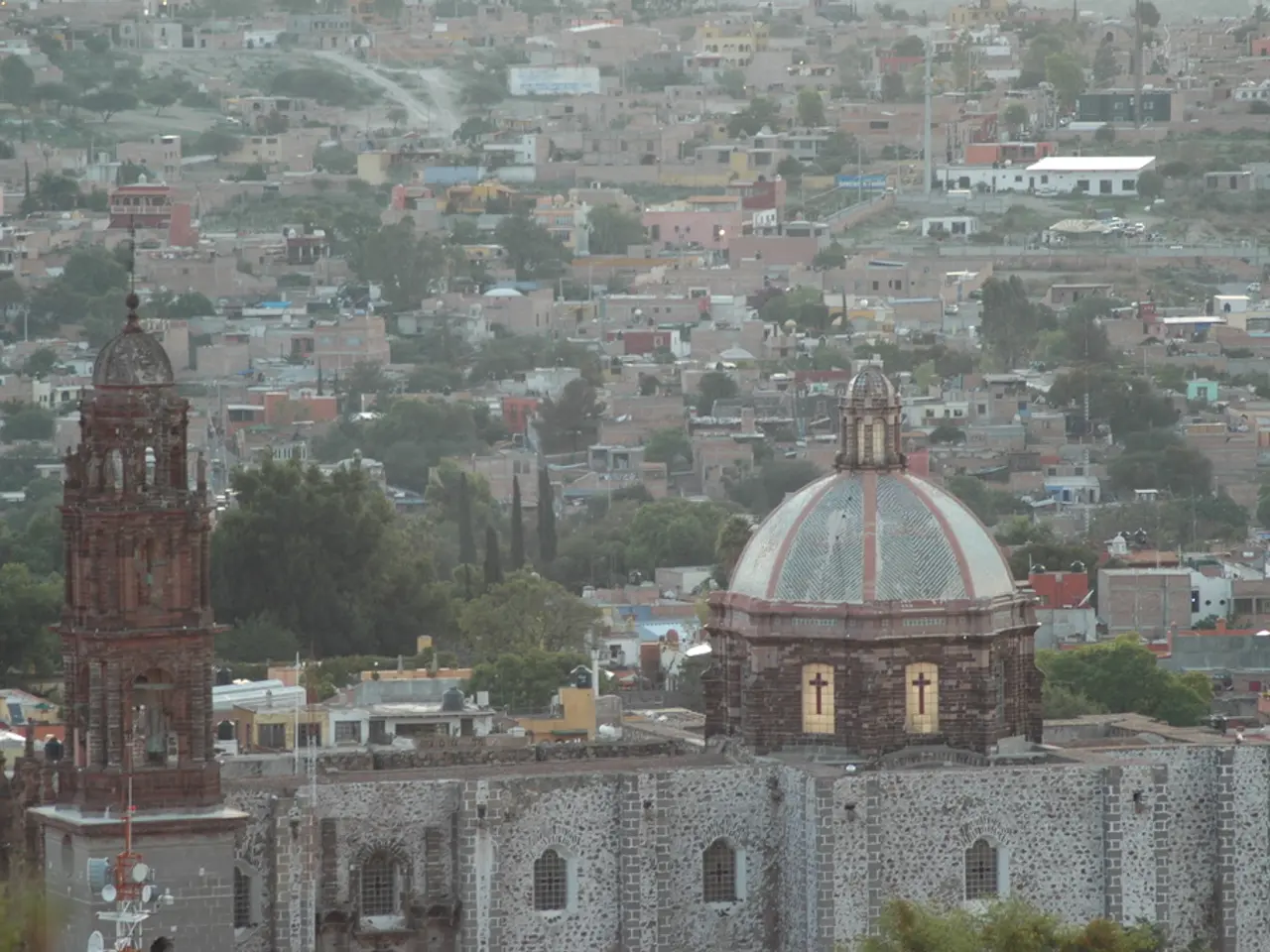Canada Plans to Officially Recognize Palestine in September
In a significant development, multiple countries, including Canada, are contemplating recognizing Palestine as an independent state due to the deteriorating humanitarian situation and the stalemate in peace negotiations, which have eroded hopes for the traditional two-state solution between Israel and Palestine.
Canada, following the footsteps of France and the United Kingdom, plans to officially recognize Palestine at the United Nations General Assembly in September 2025. However, the recognition is subject to certain conditions that include the Palestinian Authority's commitment to fundamental governance reforms, Mahmoud Abbas's pledge to hold general elections in 2026 where Hamas is excluded, the demilitarization of the Palestinian state, and Hamas immediately releasing all hostages taken during the October 7, 2023 terror attacks, disarming, and being excluded from any future governance of Palestine.
The Canadian government's stance underscores its support for a peaceful coexistence with Israel, but the recognition is contingent upon Palestinian commitment to peace, democratic processes, and disarmament of militant groups.
The statement also proposes "two democratic states - Israel and Palestine - coexist in peace, within secure and recognized borders." Among the signatories are Andorra, Australia, Canada, Finland, Luxembourg, New Zealand, Portugal, and San Marino, none of which have previously recognized the independence of Palestine.
The United Nations is reporting on the worsening conditions in Gaza, with rising child malnutrition and the threat of famine. A letter from 100 rabbis worldwide calls for increased aid delivery to Gaza. The Israeli army is making pauses in battles to deliver food to Gaza.
The announcement has sparked reactions from other global leaders. U.S. President Donald Trump suggested it would be difficult for the United States to conclude a trade agreement with Canada due to Canada's recognition of Palestine. British Prime Minister Rishi Sunak stated that the United Kingdom will recognize Palestine in September, contingent upon Israel taking significant measures to end the situation in Gaza, cease fire, and commit to a long-term peace process ensuring a two-state solution.
Israel is accused of imposing a blockade on Gaza, but denies these claims and states that aid is being intercepted by Hamas. The statement from the international community emphasizes the importance of uniting the Gaza Strip and the West Bank under the leadership of the Palestinian Authority.
This move by Canada, along with other countries, could mark a significant shift in the international community's approach to the Israeli-Palestinian conflict, potentially paving the way for a more peaceful resolution.
[1] Source: The Globe and Mail [2] Source: The New York Times
- The Canadian government's decision to recognize Palestine at the United Nations General Assembly, subject to certain conditions, shows a shift in policy-and-legislation related to war-and-conflicts, potentially influencing general-news about the Israeli-Palestinian conflict.
- The recognition of Palestine by multiple countries, including Canada, France, the United Kingdom, Andorra, Australia, Finland, Luxembourg, New Zealand, Portugal, and San Marino, follows deteriorating humanitarian situations and stalemates in peace negotiations, highlighting the role of politics in addressing global issues.
- The United States and the United Kingdom have reacted to Canada's recognition of Palestine, indicating potential challenges in policy-and-legislation and trade agreements between these countries, demonstrating the complex interplay of migration, war-and-conflicts, and politics on the international stage.







